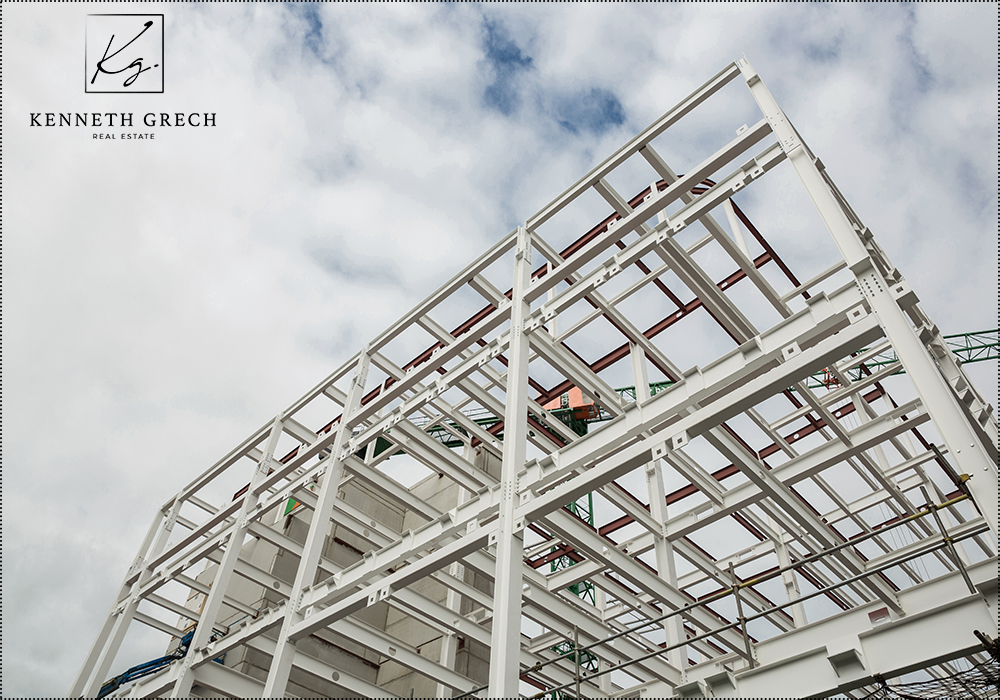California Mechanics’ Lien Law
California law provides special protection to contractors, subcontractors, laborers and suppliers who furnish labor or materials to repair, remodel
or build your home. The law allows contractors, subcontractors, laborers and suppliers to record a mechanics’ lien to ensure payment. If any of these people are not paid for the services or materials they have provided, the lien can be enforced through legal proceedings and your home may be subject to eventual sale.
This result can occur even where full payment for the work of improvement has been made by the homeowner. For example a mechanics’ lien may be recorded if the property owner has paid the contractor in full but the contractor fails to pay the subcontractors, suppliers, or laborers. Depending on the outcome of the legal proceedings, a homeowner may actually end up paying twice for the same work.
Why would a homeowner have to pay twice for the same work?
The rationale behind the mechanics’ lien law is that the homeowner who ordered the work, made full payment and obtained the value of the work, is in a better position to bear the loss than the laborer or supplier who provided work or materials and was not paid by the contractor. Therefore, the homeowner has the ultimate responsibility to pay for services rendered because the value of the property has been increased by the work done and the homeowner has reaped the benefit.
Another basis for the law pertains to the financial strengths of the homeowner versus the contractor, laborer or supplier. The reasoning is the homeowner is most likely in a better financial situation due to the increase in value of their property, versus a laborer or supplier. The laborer or supplier is already at a financial disadvantage by furnishing labor or supplies prior to being paid.
What can a homeowner do when faced with a valid mechanic’s lien claim?
A homeowner faced with a valid mechanics’ lien may be obligated to pay the lien claimant. The homeowner could then seek legal remedies against the contractor or subcontractor that received payment but failed to pay the lien claimant.
Even if a mechanics’ lien is recorded against the property the problem be resolved without further payment to the lien claimant. If the proper procedure for establishing a mechanic’s lien was not followed, then it’s possible the mechanic’s lien is not valid.
This area of the law is very complex, so the homeowner should consult an attorney when the homeowner becomes aware that a mechanics’ lien was recorded against the property.
How can a homeowner protect themselves against a claim?
One way to protect against these claims is to investigate the quality, integrity, and business reputation of anyone that will be performing any work on the project. Part of that investigation should be to ask if they are licensed, bonded and if they can provide references from past clients. The homeowner should also check if the license is valid, current and in good standing.
The homeowner should discuss concerns about mechanic’s liens with whoever they decide to hire, before work begins on the project. The homeowner can also ask for a mechanics’ lien release to be recorded to prevent future claims and problems when the homeowner sells the property.
Another way a homeowner can protect against a claim is the careful disbursement of funds in phases based on the percentage of work completed at predetermined points in the construction process.
What happens if the homeowner tries to sell the property and a mechanics’ lien is discovered by a title search?
If the title search discovers that a mechanics’ lien has been recorded, the homeowner may be presented with a plan to eliminate the title problems created
by the lien. The title company will present all the measures acceptable to the title company.
Remember this area of the law is very complex, so the homeowner should consult an attorney if the homeowner becomes aware that a mechanics’ lien was recorded or as soon as they are aware of a claim being made.
Source: This article was originally published by the California Land Title Association (CLTA). Member companies of the California Land Title Association are dedicated to facilitating the transfer
of real property throughout California and increasing the public’s awareness of the value and purpose of title insurance.
Information is deemed reliable but not guaranteed. The information provided is for general information purposes and should not be considered legal advice. Please consult an attorney about all legal matters or questions.
Explore Simi Valley Neighbourhoods
EXPLORE LOCAL NEIGHBOURHOODS IN Simi Valley
Explore Simi Valley Neighbourhoods
EXPLORE LOCAL NEIGHBOURHOODS IN Simi Valley




